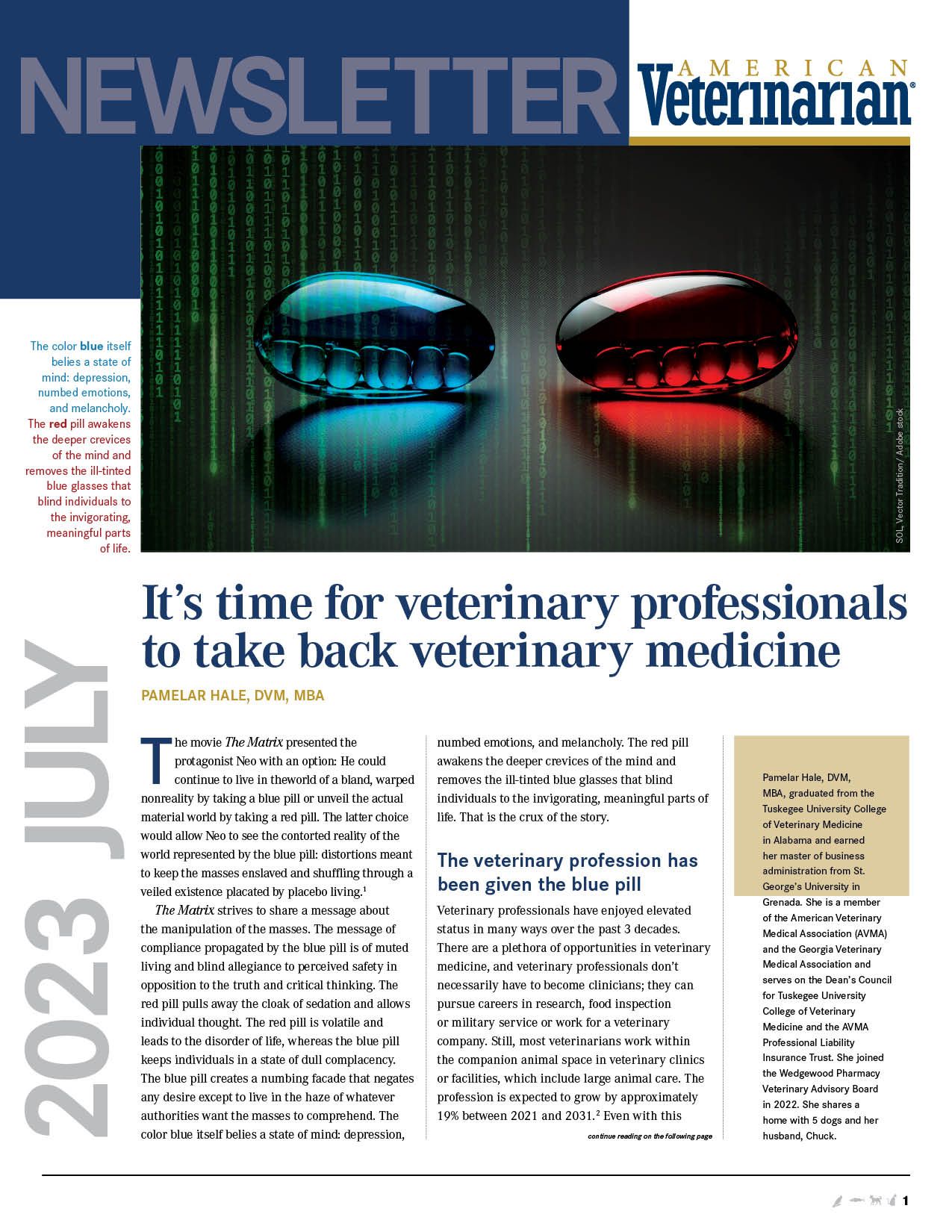New study finds that slow walking could be a sign of dementia
North Carolina State University found that dogs who slow down physically also slow down mentally
Carola Schubbel / stock.adobe.com

A new study from North Carolina State University College of Veterinary Medicine measured gait speed in senior dogs to find a correlation with a decline in their neurological function as they age. The researchers on this study measured gait speed off leash in 46 adult and 49 senior dogs.1 The adult dogs (older than 1 year and younger than 75% of their expected lifespan),2 who served as a control group, only had their gait speed measured. Individual gait speed was measured first by walking them over a 5-meter distance on a leash with a handler, then by offering a treat the same distance away from the dogs, and calling them to retrieve it off leash. The senior dogs (older than 75% of their expected lifespan)2 did some additional cognitive testing and their owners filled out a cognitive assessment questionnaire, called the CADES questionnaire. A higher CADES score indicates more severe cognitive decline.1
“Walking speed in people is strongly associated with cognitive decline,” said Natasha Olby, Dr Kady M. Gjessing and Rahna M. Davidson Distinguished Chair in gerontology at NC State and corresponding author of the study. “We hypothesized that the same might be true in dogs.”1
To rule out other factors, dogs had to be free of co-morbidities that could impede their ability to perform the tests such as inability to walk or blindness. The dogs selected ranged from different breeds and sizes.2
To further evaluate cognitive function beyond the CADES questionnaire, testing was performed to evaluate attention (sustained gaze test), social cues (pointing test), working memory, executive control (inhibitory control cylinder task) and problem solving (detour cylinder task).2
The researchers found that in the senior dogs, size didn’t matter when it came to speed; in other words, dogs in the last 25% of their expected life span moved more slowly than adult dogs, regardless of relative size. “Just as in humans, our walking speed is pretty stable through most of our lives, then it declines as we enter the last quarter or so of our lifespan,” Olby said in the release.1
Senior dogs who moved more slowly had more severe levels of cognitive decline based on the owner-completed questionnaires and also did worse on the cognitive testing. The researchers also found that joint pain did not seem to correlate with walking speed, although they note that there were no dogs with severe osteoarthritis in the program. They hope to address this issue in future work.1
“When you look at functional aging, the two most important predictors of morbidity are mobility and cognition,” Olby said. “Mobility relies heavily on sensory input, central processing, and motor output – in other words, the nervous system – as a result, mobility and cognition are super interconnected. When you have less mobility, the amount of input your nervous system gets is also reduced. It’s not surprising that walking speed and dementia are correlated. For me, the exciting part of the study is not only that we show gait speed correlates with dementia in dogs as in people, but also that the method of testing we used is easy to replicate, since it’s food motivated and over a short distance. It could become a simple screening test for any veterinarian to perform on aging patients.”1
More details on the study can be found here: “Winning the race with aging: age-related changes in gait speed and its association with cognitive performance in dogs.” DOI: 10.3389/fvets.2023.1150590
References
- Slow walking could be sign of dementia in older dogs. News release. North Carolina State University College of Veterinary Medicine. June 27, 2023.
- Mondino A, Khan M, Case B, Fefer G, Panek W, Gruen M, Olby N. Winning the race with aging: age-related changes in gait speed and its association with cognitive performance in dogs. Front Vet Sci. 2023;10 doi: 10.3389/fvets.2023.1150590

Newsletter
From exam room tips to practice management insights, get trusted veterinary news delivered straight to your inbox—subscribe to dvm360.